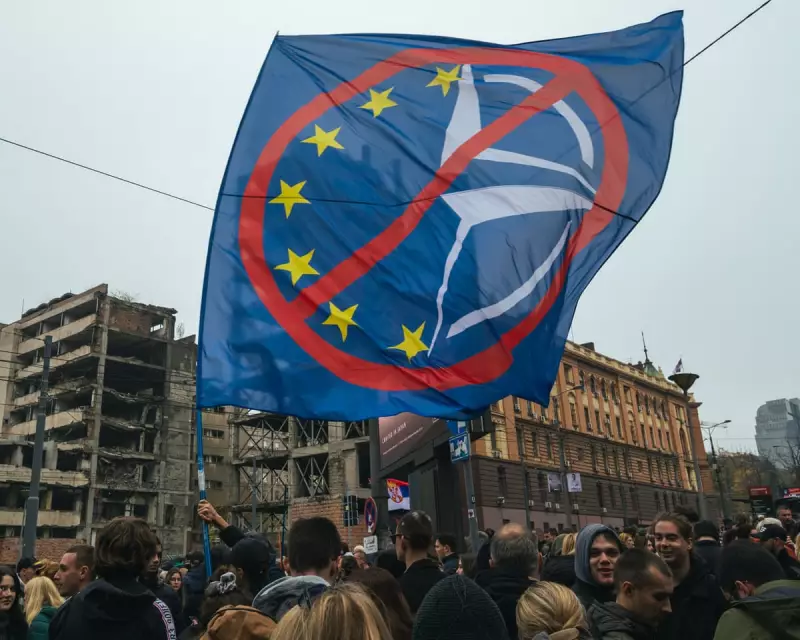
Controversial Development Deal Sparks Belgrade Protests
The Serbian government has entered into a controversial joint venture with a property development company owned by Donald Trump's son-in-law, Jared Kushner, to redevelop the site of the former Serbian armed forces headquarters in Belgrade. The building was famously bombed by NATO forces in 1999 during the Kosovo conflict, making this location one of significant historical and emotional importance.
According to leaked documents published by independent Serbian news magazine Radar, the agreement gives Kushner's firm, Atlantic Incubation Partners LLC, a dominant 77.5% stake in the joint venture, while the Serbian government retains just 22.5%. The development plans include constructing a hotel, apartments, and museum complex on the protected site.
Secret Agreement Revealed
Although the investment agreement dates back to February 2024, it remained secret until recently becoming a flashpoint for public anger. The controversy intensified after Serbia's national assembly passed a special law to fast-track the development, designating it as "a project of importance for the Republic of Serbia."
The Serbian government has not disputed the authenticity of the published documents. The new legislation allows the government to bypass regulatory controls that had previously halted progress on the scheme in May. This followed an investigation into whether documentation removing the headquarters' protected cultural status had been forged.
The agreement imposes strict deadlines on the Serbian state, requiring them to complete demolition work by May next year in a manner satisfactory to Kushner's company. If Serbia fails to meet this deadline, the US company can terminate the contract "at its discretion" and demand substantial termination costs.
Public Outcry and Political Implications
The passing of the special law has given fresh momentum to year-long student-led demonstrations against corruption, which were initially triggered by the collapse of a railway station in Novi Sad. Protesters have formed human chains and painted red lines around the headquarters complex in efforts to stall what they see as the sell-off of a nationally significant site.
The location holds dual significance as both the target of NATO bombing during the Kosovo war and as the only work in Belgrade of Yugoslavia's star modernist architect, Nikola Dobrović, giving it protected cultural status.
The timing of this accelerated development comes as President Aleksandar Vučić's government seeks to curry favour with the Trump administration. This follows Washington imposing sanctions on Serbia's national oil company NIS due to its majority stake being owned by Russia's Gazprom and Gazprom Neft. These sanctions, which took effect last month, have cut off crude oil supplies to NIS refineries, with predictions they will run out of reserves by month's end.
Meanwhile, after a year of sustained protests, the Belgrade government has threatened to shut down much of the country's remaining independent media. Information Minister Boris Bratina recently stated that privately owned N1 and Nova television channels, along with US state-owned Radio Free Europe, "should not exist on the air on the territory of the state." This statement earned a rebuke from the European Commission, which emphasised that independent media represents "a key pillar of European democracy."
The deal includes provisions for a 99-year free lease of the land, with an option for the lease to be converted into full ownership, raising further questions about the long-term control of this historically significant site.





